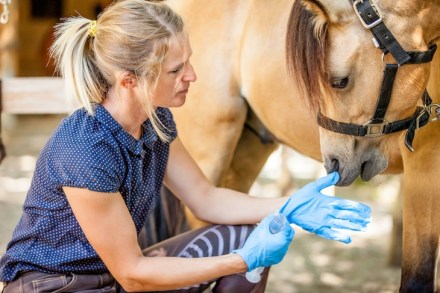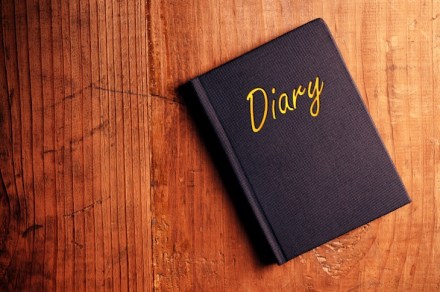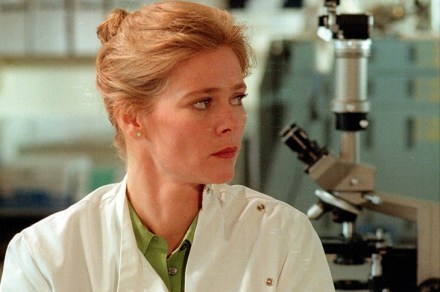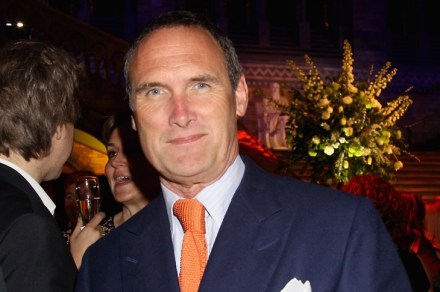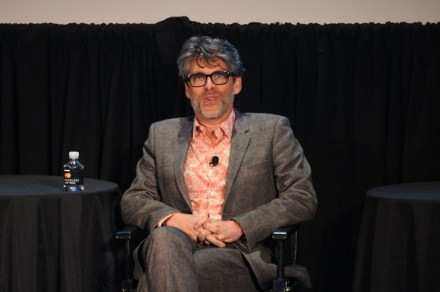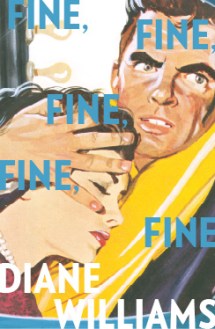Real life | 25 January 2018
The vet who is unhappy that I cracked a joke about vets has received the backing of the British Veterinary Association. This strangely brittle organisation, having nothing better to do, apparently, has put out a fantastically pious statement denouncing me for daring to joke that vets are expensive and that some seem keen to diagnose the worst-case scenario. The BVA posted its statement on social media, an action that inevitably led to the usual snowflakestorm: how very dare I make fun of (fill in offended group)… Fine, asI said last week I’m happy to do away with humour if that’s what people want. Let’s just deal with the facts. A
